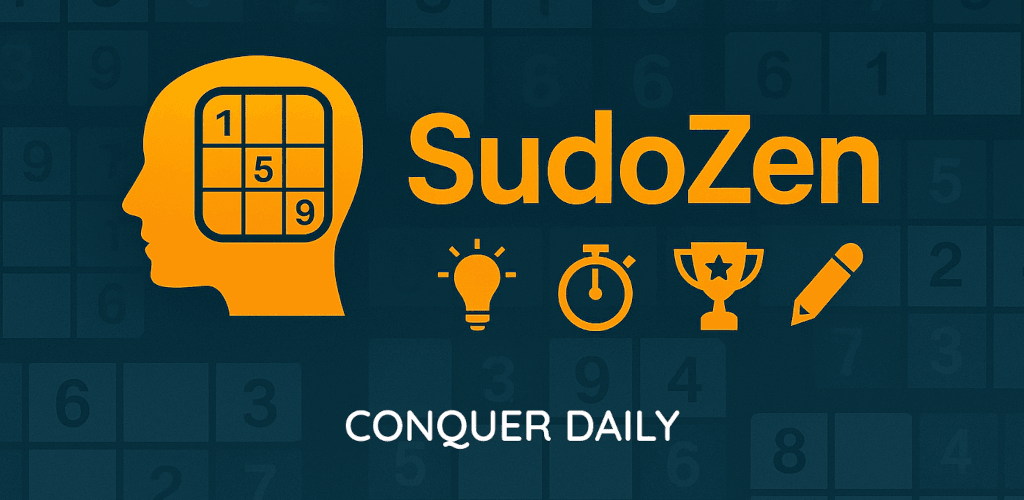What is Sudoku?
Sudoku is a logic-based number puzzle played on a 9×9 grid divided into nine 3×3 boxes. Some cells contain numbers (1-9) as clues, and your goal is to fill the remaining empty cells following three simple rules.
The Three Golden Rules:
- Each row must contain digits 1-9 (no repeats)
- Each column must contain digits 1-9 (no repeats)
- Each 3×3 box must contain digits 1-9 (no repeats)
How to Play: Step-by-Step Guide
Getting Started
- Scan the grid – Look for rows, columns, or boxes that already have many numbers filled in
- Find the easiest placements first – Start where you have the fewest options
- Use elimination – Rule out numbers that can’t go in certain cells based on the three rules
Essential Solving Techniques
1. Naked Singles
When only one number can fit in a cell because all other numbers (1-9) already appear in that row, column, or 3×3 box.
Example: If a cell’s row contains 1,2,3,4,5,6,7,8, then that cell must be 9.
2. Hidden Singles
When a number can only go in one place within a row, column, or box, even if that cell has other possibilities.
Example: If the number 5 can only fit in one cell within a 3×3 box, place it there.
3. Cross-Hatching
Systematically scan rows and columns to eliminate possibilities in intersecting areas. This helps narrow down where numbers can go.
Advanced Strategy: Note-Taking
Write small candidate numbers in corners of cells to track possibilities. This prevents errors and helps you see patterns more clearly.
Winning Strategies for Experts
The Systematic Approach
- Complete obvious placements using naked and hidden singles
- Work section by section – Focus on one 3×3 box at a time
- Use pencil marks to track candidates in difficult cells
- Look for patterns – Numbers often create logical chains
- Stay patient – Complex puzzles require methodical thinking
Pro Tips
- Always double-check your work before moving to harder techniques
- If stuck, try a different section of the grid
- Practice regularly to develop pattern recognition
- Learn from mistakes – they’re valuable learning opportunities
Cognitive Benefits: Why Sudoku is Great for Your Mind
Regular Sudoku practice provides significant mental benefits:
Memory Enhancement – Tracking numbers and possibilities strengthens working memory and recall abilities.
Improved Concentration – The focused attention required builds sustained concentration skills that transfer to daily tasks.
Logical Reasoning – Analyzing patterns and relationships develops critical thinking and analytical skills.
Stress Reduction – The meditative focus of puzzle-solving can lower stress and anxiety levels.
Mental Agility – Regular practice keeps your mind sharp and may help reduce cognitive decline with age.
Research shows that engaging in puzzles like Sudoku can improve overall mental health while providing an enjoyable challenge that grows with your abilities.
Introducing SudoZen: Your Ultimate Sudoku Companion
Where Logic Meets Zen
SudoZen isn’t just another sudoku app — it’s your personal trainer for sharper thinking, deeper focus, and pure puzzle mastery. Whether you’re brand new to sudoku or a seasoned solver chasing global leaderboards, SudoZen combines elegant design and intelligent teaching tools with competitive gameplay features to make every game engaging, educational, and rewarding.


